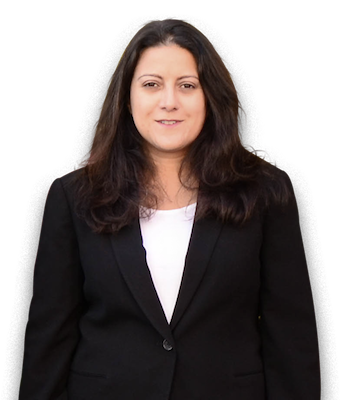Over 800 people are hit by cars in San Francisco each year, according to an article in the SF Chronicle. An average of 2 people are hit everyday, and with the holiday season, this number is on the rise due to shortened daylight hours and “increased alcohol use and winter weather.”
But it’s not just during the holidays that we have to worry about being mowed down by speeding, inattentive drivers. San Francisco ranked higher than larger cities like New York, Tokyo, Hong Kong, and London for traffic fatalities per 100,000 residents. In a city like this, pedestrians might have to wonder how safe it is to walk out their front door on any normal day.
Pedestrian-Car Collision Hot Spots
“The top 10 most dangerous parts of San Francisco for walkers are concentrated in the Financial District and the Tenderloin, South of Market and Bayview neighborhoods” because of a larger than average number of people who “rely on walking and public transit.”
But collisions were also found to be concentrated in residential areas like Glen Park, the Castro, the Mission, Excelsior and the Western Addition.
Among these collisions, the Chronicle singled out three from the past few months that occurred in a crosswalk:
On Nov. 17, 65-year-old Nu Ha Dam was struck and killed by a UCSF shuttle bus at lunchtime while crossing Geary Street at Leavenworth, two blocks from her home.
On Sept. 2, a hit-and-run driver who was later arrested, killed 70-year-old Joyce Lau as she was crossing Cole Street at waller shortly before 8 a.m.
Later that same day, around 5 p.m., a 79-year-old woman whose identity has not been released sustained life-threatening injuries while trying to cross Bayshore Boulevard at Bacon Street.
A Matter of Health
Considering pedestrian accidents account for at least a quarter of all injury crashes, street safety should not only be one of our highest transit priorities, but a public health one as well, according to Dr. Rajiv Bhatia, the director of occupational and environmental health for the city’s Department of Public Health. Despite the high figures and news reports of accidents, pedestrian safety continues to be a problem and real change is slowly–too slowly–emerging from the offices of our elected officials.
Not helping the issue is the continued accolades boasted by the SFMTA. Just a few months ago, in October, the SFMTA released a report showing that the number of fatalities had, in fact, decreased over recent years. And yet, we are still ranked at a higher percentage than many other major cities.
Baby Steps Towards Improvement
San Francisco’s transportation agency is implementing a pilot program aimed at decreasing the speed limit in targeted residential neighborhoods to 15 mph. Meanwhile, Board of Supervisors David Chau plans to fund a study researching how city agencies are addressing this pedestrian problem.
But are these steps too small and too slow of a start?
According to Michael Bianco, whose 32-year-old daughter sustained major brain trauma from a hit-and-run that rendered her incapable of living independently, “Whatever can be done to prevent something of this kind occurring again is time well spent.” Bianco is currently suing the city for negligence. He “believes San Francisco is far more dangerous to walk in than the numbers suggest.” And the numbers already suggest enough.

